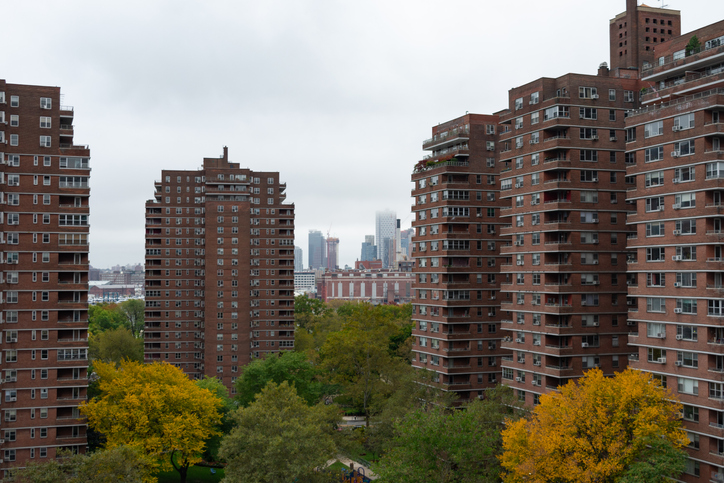The U.S. Dept. of HUD (Housing and Urban Development) is putting money on the line–$10.3 billion in Fiscal Year 2022. These formula grants will go to communities across the United States for housing and community development activities ranging from affordable housing developments to public housing modernization to economic opportunities for people with low and moderate incomes.
The grants include $6.3 billion in allocations to eligible applicants through the CPD Formula Grant Program. Among the distributions are:
- $3.3 billion for the CDBG (Community Development Block Grant) program. These provide annual grants on a formula basis to states, cities, and counties to develop viable urban communities by providing decent housing and a suitable living environment, and by expanding economic opportunities, principally for low-income and moderate-income persons.
- $1.5 billion for the HOME Investment Partnerships Program (HOME). The program provides funding to states and localities to use – often in partnership with local nonprofit groups – to fund a wide range of activities including building, buying, and/or rehabilitating affordable housing for rent or homeownership or providing direct rental assistance to low-income people.
- $738 million to the Housing Trust Fund to provide funding to produce affordable housing units for households with extremely low incomes.
- $405 milliontoHOPWA (Housing Opportunities for Persons with AIDS) grants, providing rental housing assistance and supportive services for persons living with HIV/AIDS and their families.
In addition, the Capital Fund Program Awards include $3.2 billionto 2,813 PHA (Public Housing Agencies) for the development, financing, and modernization of public-housing developments and for management improvements. The IHBG (Indian Housing Block Grant) Formula allocates $775 million to 594 eligible tribes under the IHBG Formula Program to provide funding for affordable housing activities on Indian reservations, in Indian communities, and in Alaska Native villages.
While grants are part of HUD’s activity, the more familiar role the agency has is in insuring loans. As an example, Cambridge Realty Capital Companies recently closed a $7,448,382 HUD-insured loan for the Springfield Supportive Living Center, a 127-bed supportive/assisted living facility located in Springfield, Ill.
The company is one of the nation’s leading specialized senior housing and healthcare debt and equity capital providers, with more than 500 closed senior housing transactions totalling more than $6.5 billion.
Cambridge has provided $802 million in debt financing since March 2020 when the COVID-19 pandemic hit. With many employees working away from the office, the situation required a certain level of adjustment. Even so, the Cambridge HUD team has been 100% focused on processing applications. One of the primary reasons for Cambridge’s success during the pandemic was that they focused on working with the government and helped create a user-friendly environment. The task was solving the complexity of government regulations and making the government process understandable for borrowers. Considering their record, the results were pretty good.
Want to tweet about this article? Use hashtags #construction #sustainability


